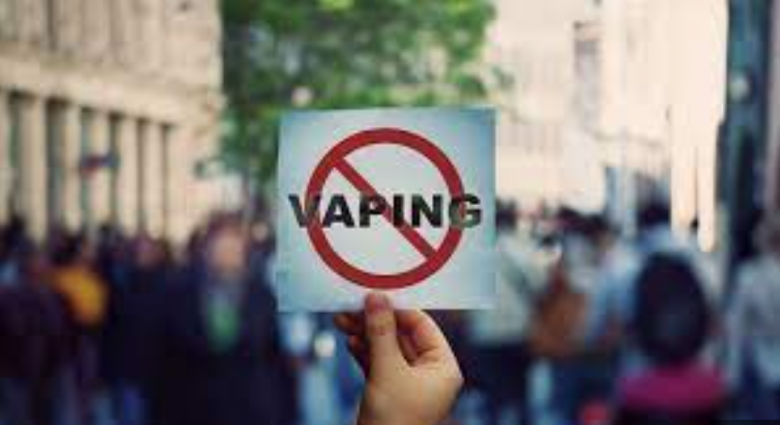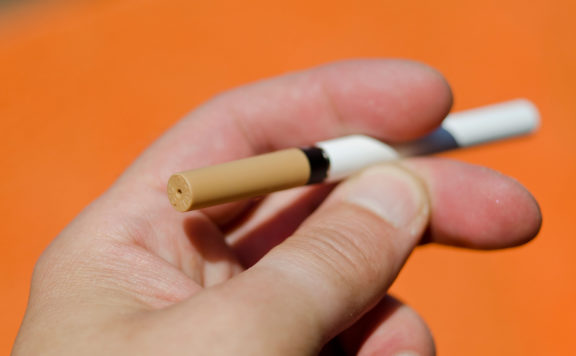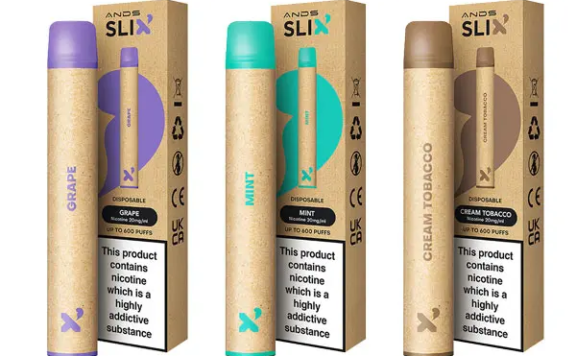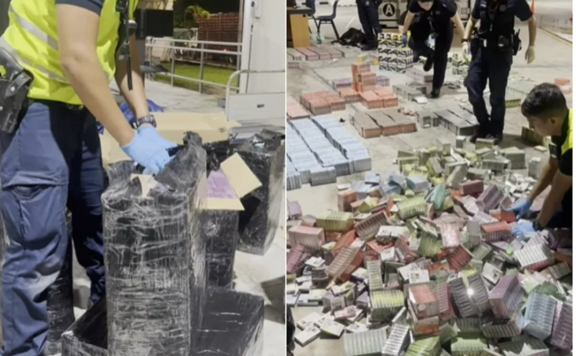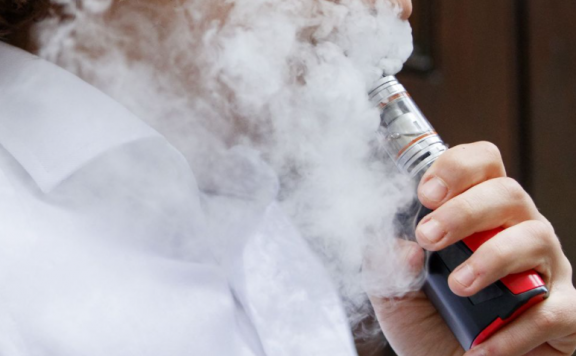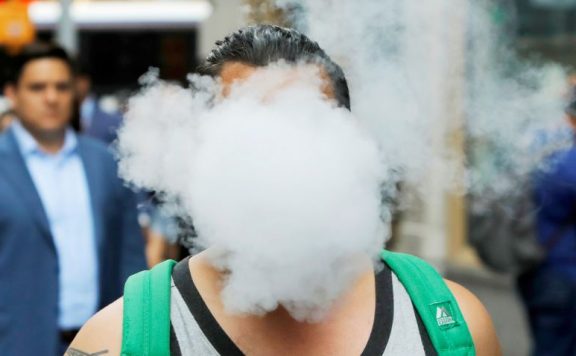Tempe is considering the impacts of a potential ban on vape sales across the city
Professors and students are concerned that Tempe City Council’s planned prohibition of flavored tobacco will be counterproductive and push schoolchildren to use more dangerous products.
The prohibition was presented in August 2022 and wouldn’t be subjected to voting until sometime next year, although there have been public hearings, review meetings, and an online questionnaire to gather input from members of the public.
Joel Navarro is among the members of the city council who recommended the prohibition. He stated that the discussion arose naturally as a result of deeply worried school administrators and parent boards discussing electronic cigarettes in high schools.
“Parents and teachers have noticed that underage children are using vapes at school,” Navarro stated “. “It is easy to conceal, and because it was raised to us at the council, we began to look into it and have this conversation.”
He claimed that the proposed ordinance’s primary objective is to keep vapes away from the grip of young teens. However, he expressed concern about the city’s enterprises that profit from flavored nicotine products.
Scott Leischow, an adjunct professor and former Chief of the Tobacco Control Research Branch at the National Cancer Institute, said the primary issue with these provisions is that, although it might help to keep tobacco products away from the hands of teenagers and adults, it may also help stop grown-ups who are attempting to give up smoking tobacco and cigars from acquiring flavored vape products. Whereas vapes are not healthy, he believes they are a better option to combustible nicotine, such as cigarettes.
“For some of these adults, possessing a flavored commodity might incentivize them to switch from a combustible nicotine product, that cigar or cigarette, to an (e-cigarette) electronic cigarette, therefore from a harm minimization viewpoint, (that’s) the big worry that certain individuals raise about outlawing flavors across the board,” Leischow said.
A restriction on the marketing of flavored nicotine is not unheard of, although it is unusual. California voted to keep its prohibition against the sale in a ballot initiative this year, and states such as Massachusetts have had an active restriction for a number of years. Tempe has previously taken strident anti-tobacco measures, including being among the first cities in the state to prohibit indoor smoking in restaurants and bars.
On campus, ASU reports that 12.7 percent of schoolchildren vaped in the previous month. These figures, nevertheless, are self-reported. According to a University of Michigan study, 22 percent of college students consumed vapes in 2019, more than doubling from 2017.
According to Leischow, there are scientific differences of opinion over whether prohibiting the sale of vaping products will help, particularly since it will only apply to one city. Though, he feels that the lack of clear off-campus exposure to vape shops may constrain consumption among college students who don’t possess the desire or resources to travel to nearby cities to acquire a vape.
“Most college students who are able to use e-cigarettes, which include flavored ones, do so in recreational aspects, when they’re heading out to party or drink if they aren’t inspired to drink,” Leischow explained. “The vast majority of them do not use it on a regular basis. The fact that most people are not hooked is a positive thing.”
Ananise Toth, a junior studying global management, stated that she doesn’t use the vapes herself, but believes the restriction would be detrimental to both schoolchildren and the city.
“I don’t think prohibiting their sale in Tempe will indeed profit anybody — schoolchildren or businessmen,” Toth said. “People will figure out how to use vapes irrespective, and several local businesses rely on vape sales.”
Toth also believes that the potential ban will encourage students to smoke tobacco or other combustible nicotine products.
If flavored vaporizers are outlawed in the city, Leischow and Navarro believe a black market for vape sales will spring up. Navarro stated that conversations about the authenticity and effectiveness of a possible ban will continue into the coming year.

